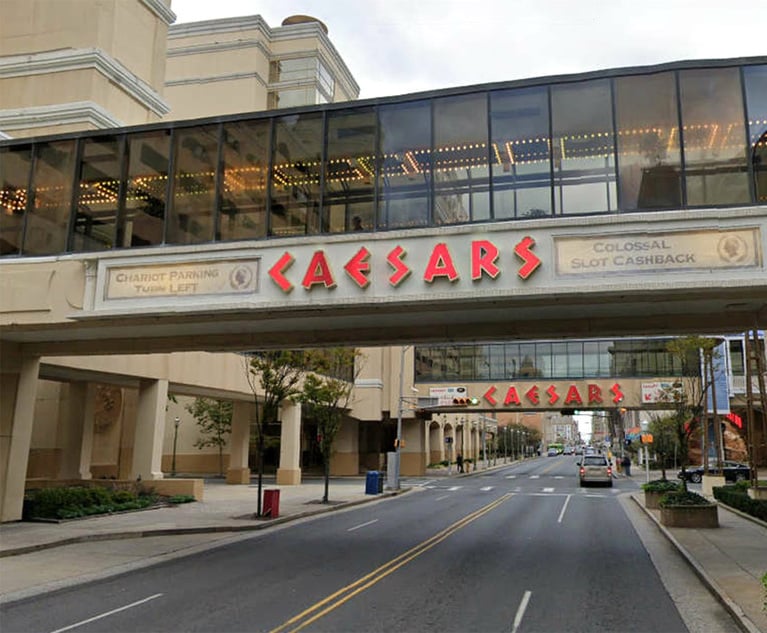The New Jersey Consumer Fraud Act, N.J.S.A. 56:8–2 (NJCFA), provides that “[t]he act, use or employment by any person of any deception, fraud, false pretense, false promise, misrepresentation, or the knowing, concealment, suppression, or omission of any material fact with intent that others rely upon such concealment, suppression or omission, in connection with the sale or advertisement of any merchandise … ” is an unlawful practice.
Last year, the New Jersey Supreme Court helped to clarify when the NJCFA applies to sales of merchandise by setting forth a new four-factor test. See All the Way Towing v. Bucks County Int’l, 233 N.J. 304 (2018). Briefly stated the factors are: (1) complexity of the transaction; (2) identity and sophistication of the parties; (3) nature of the relationship between the parties; and (4) public availability of the subject merchandise. However, that decision did not address real estate and there remains a great deal of uncertainty regarding whether certain categories of transactions relating to real estate fall within the scope of the NJCFA.


 Andy Dean Photography
Andy Dean Photography




